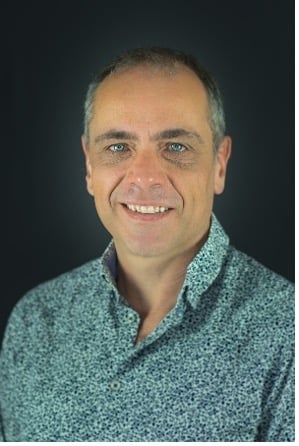Patrice Bacchin

Membrane : basics
Patrice Bacchin is a professor at the University of Toulouse III - Paul Sabatier and a researcher at the Laboratory of Chemical Engineering (LGC - UMR 5503) of the CNRS. He obtained his PhD in chemical engineering from the University of Paul Sabatier in 1994. After research experiences at the University of Bath in the UK (1994-1995) and with Rhône-Poulenc Rorer in Paris (1995-1996), he joined the University of Paul Sabatier in 1996 as a lecturer and became a professor in 2008.
His research focuses on membrane science and colloid science, exploring nanoscale interactions that pose scientific challenges and pave the way for future innovations. He is particularly interested in the transport of colloids (or soft and biological matter) in processes such as membrane separation.
In addition to his research activities, Patrice Bacchin teaches transport phenomena, colloid and interface science, and membrane processes for water treatment, biomedical and pharmaceutical applications. He has also been involved in international collaborations to teach water treatment, notably in Madagascar. He has also developped a serious game on membrane processes, which is available online at patricebacchin.fr.
Course description
This course aims to provide an in-depth understanding of membrane separation processes, covering fundamental principles, available technologies, operating parameters, and associated limitations. Participants will have the opportunity to apply their knowledge through a serious game, which they can continue online after the training. It addresses to engineers, technicians, researchers, and students seeking practical and theoretical knowledge of membrane separation processes.
Program
1: Introduction to Membrane Separation Processes
- Definition and fundamental principles
- Classification of membrane processes
- Comparison with other separation technologies
- Industrial applications and case studies
2: Membrane Structures, Operating Parameters, and Characterization
- Relationship between structure and function: pore size, selectivity, permeability
- Definition and measurements of operating parameters characterizing selectivity and performance
- Membrane characterization techniques
3: Limitations of Membrane Processes: Fouling and Solutions
- Types of fouling
- Mechanisms and impact on performance
- Initiation to modeling
- Prevention and cleaning strategies
